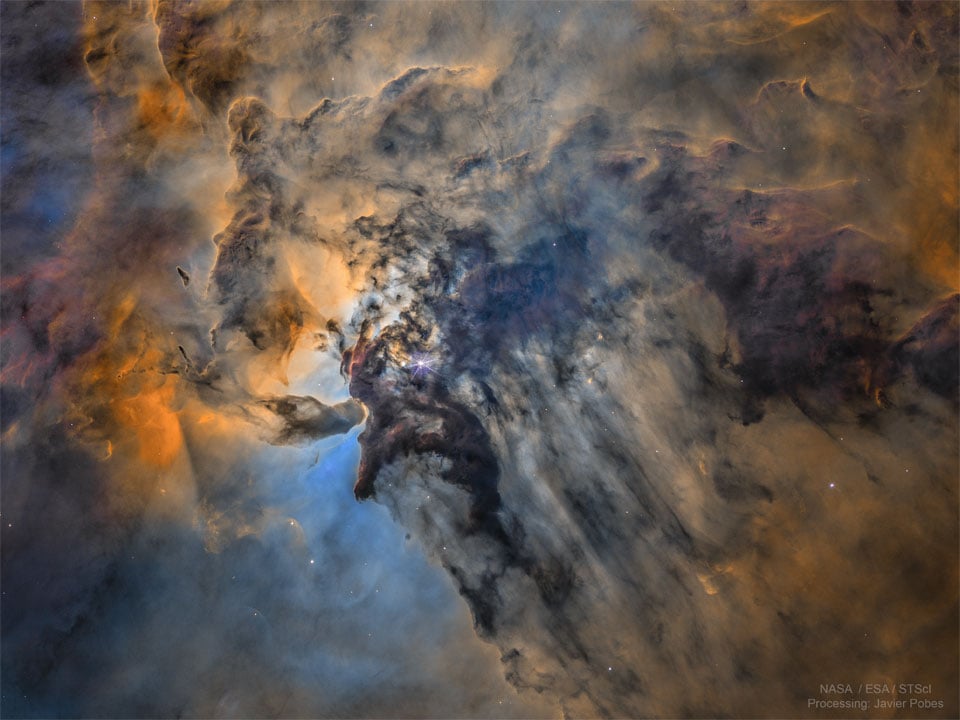Becoming an astronaut is a fairly romanticized career path, but there are a lot of less-than-romantic aspects to working 50 miles or more above the Earth’s surface. Case in point: just being in zero G makes the human body do all sorts of embarrassing things.
A new story from the New York Times exhaustedly points out that living in space comes with all sorts of “bodily indignities” which should give even the most eager potential space explorer pause. It turns out, it’s not just deadly radiation or muscle loss due to weightlessness astronauts traveling to spots in our own solar system will have to put with:
In microgravity, however, the blood volume above your neck will most likely still be too high, at least for a while. This can affect the eyes and optic nerves, sometimes causing permanent vision problems for astronauts who stay in space for months, a condition called spaceflight-associated neuro-ocular syndrome. It also causes fluid to accumulate in nearby tissues, giving you a puffy face and congested sinuses. As with a bad cold, the process inhibits nerve endings in the nasal passages, meaning you can’t smell or taste very well. (The nose plays an important role in taste.) The I.S.S. galley is often stocked with wasabi and hot sauce.
These sensory deficits can be helpful in some respects, though, because the I.S.S. tends to smell like body odor or farts. You can’t shower, and microgravity prevents digestive gases from rising out of the stew of other juices in your stomach and intestines, making it hard to belch without barfing. Because the gas must exit somehow, the frequency and volume (metric and decibel) of flatulence increases.
Other metabolic processes are similarly disturbed. Urine adheres to the bladder wall rather than collecting at the base, where the growing pressure of liquid above the urethra usually alerts us when the organ is two-thirds full. “Thus, the bladder may reach maximum capacity before an urge is felt, at which point urination may happen suddenly and spontaneously,” according to “A Review of Challenges & Opportunities: Variable and Partial Gravity for Human Habitats in L.E.O.,” or low Earth orbit. This is a report that came out last year from the authors Ronke Olabisi, an associate professor of biomedical engineering at the University of California, Irvine, and Mae Jemison, a retired NASA astronaut. Sometimes the bladder fills but doesn’t empty, and astronauts need to catheterize themselves.
